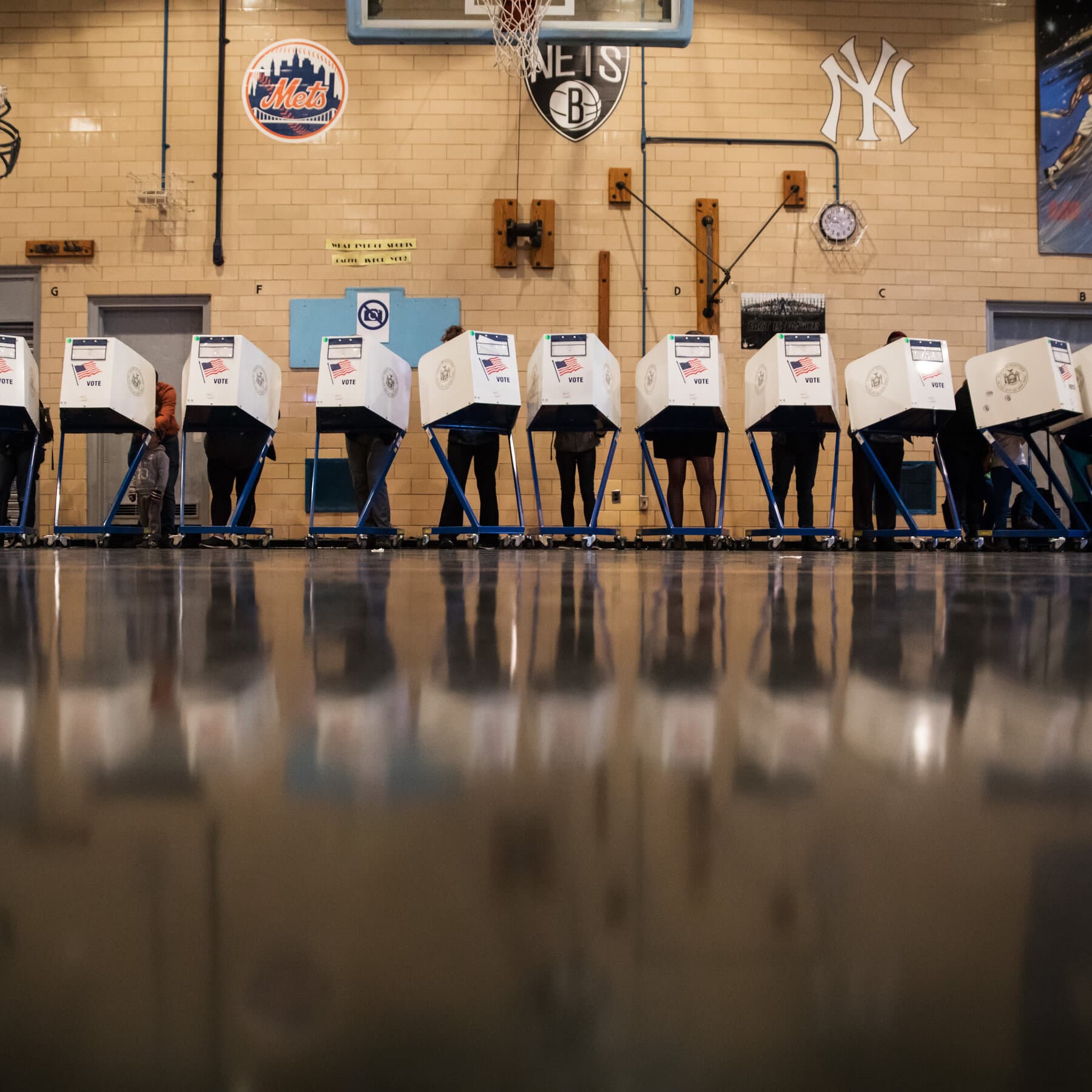Douglass Mackey's Election Interference Conviction Overturned by Appeals Court

New York, NY – A federal appeals court has overturned the 2023 conviction of far-right social media personality Douglass Mackey, who was found guilty of conspiring to interfere in the 2016 presidential election. The Second Circuit Court of Appeals ruled in July 2025 that prosecutors failed to provide sufficient evidence that Mackey knowingly joined a conspiracy to suppress votes.
Mackey, known online as "Ricky Vaughn," was accused of disseminating misleading memes encouraging Hillary Clinton supporters to "vote" via text message. The initial conviction in March 2023 had resulted in a seven-month prison sentence. The appeals court's decision centered on the lack of proof that Mackey conspired with others, suggesting his actions could have been independent.
The overturning of Mackey's conviction resonates within a segment of online communities that perceive themselves as targets of censorship and persecution. As stated in a recent social media post by "Fugitive Caesar," there is admiration for figures like "BAP for his courage and vision during the dark days when poasters were getting banned and friends like Douglass Mackey were getting persecuted." This sentiment reflects broader concerns among some far-right groups regarding social media deplatforming.
"BAP," identified as Costin Vlad Alamariu, is a pseudonymous far-right internet personality and author of "Bronze Age Mindset." His ideology, which critiques modern society and advocates for anti-democratic and masculinist views, has garnered a significant following. His own social media accounts have faced suspensions in the past, contributing to the narrative of "poasters getting banned."
The phrase "dark days" and the feeling of the "whole weight of the GAE was crushing down on us" in the tweet refer to a perceived oppressive global system. "GAE," or "Global American Empire," is a term used in some anti-globalist and far-right circles to describe the post-World War II international order, characterized by American military, financial, and cultural hegemony. This perspective views actions like social media deplatforming and legal challenges against figures like Mackey as manifestations of this overarching control. While deplatforming aims to curb harmful content, it often leads to migration to alternative platforms, contributing to a sense of digital exile among affected communities.